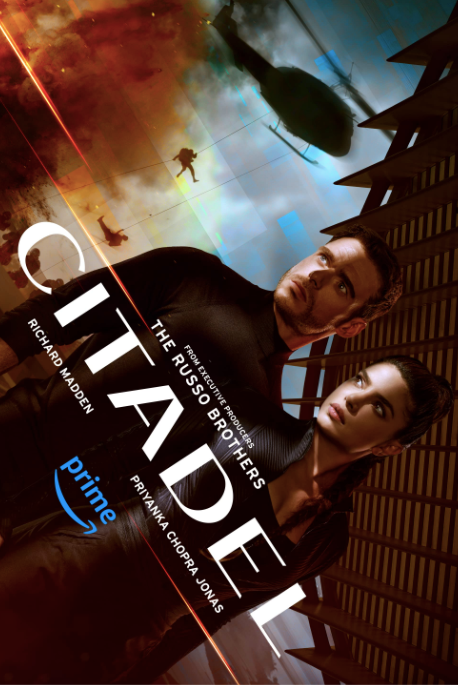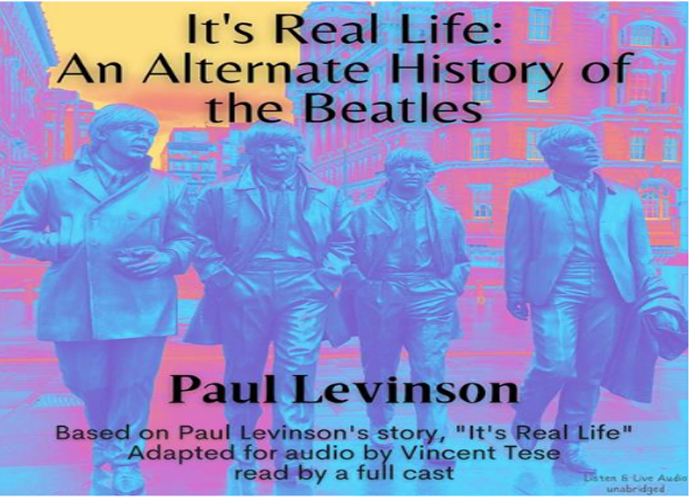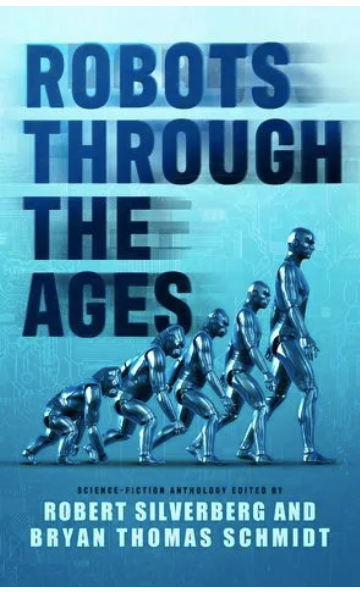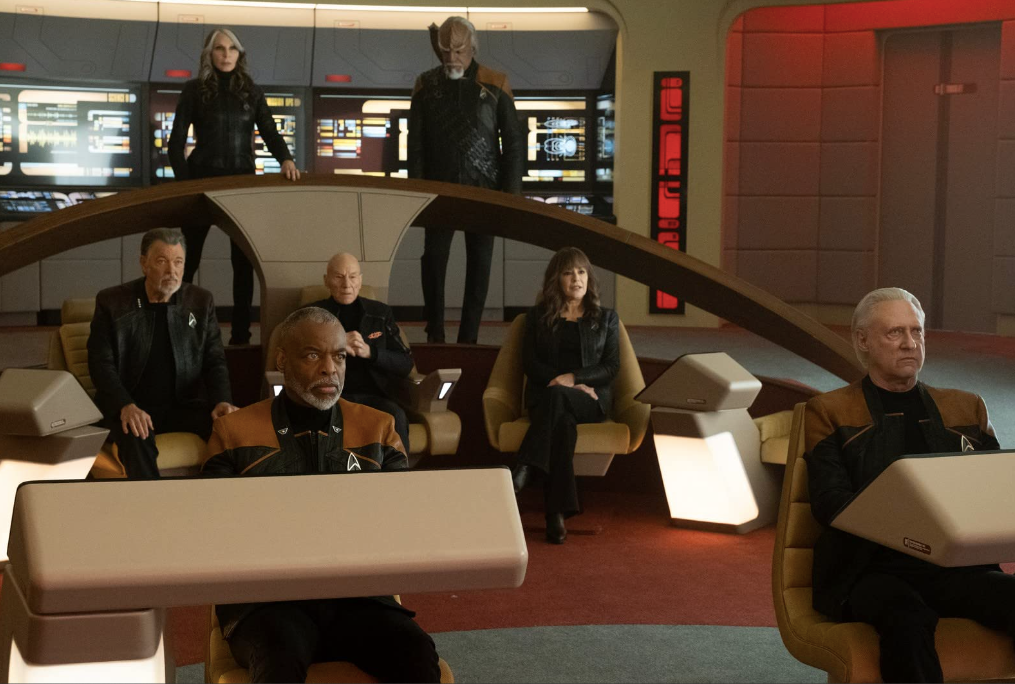
Fatal Attraction -- the new 2023 series -- finished its 8-episode first season on Paramount on Sunday. Yes, it's the same story as the 1987 pathbreaking movie, retold and refigured in all kinds of significant and even profound ways, which I think largely succeeded.
[And there will be spoilers ahead ... ]
First, I saw and much enjoyed the 1987 movie, though I don't recall many of the important details. The TV series is half a retelling of that story, and half a narrative that takes place 15 years in the future, when Dan Gallagher is released from prison after serving his time for killing Alexandra. As we soon learn, though, he lied when he told he the parole board that he understood the evil he had done in murdering Alex -- he lied to get his freedom, which he intends to use to prove his innocence and find out who really did do the murder.
So that's a pretty strong set-up for a new take on this story, and it's enhanced with an increasing focus on Ellen (Dan and his wife's Beth's daughter), 15 years older, now in college, and immersed in the cognitive joys of discovering the theories of Carl Jung, second only to Freud as the inventor of modern psychology. Jung has popped up in all kinds of places in our popular culture, but none as explicitly and effectively as with Ellen, who is attracted to Jung's concept of the shadow, and in the final stunner of the TV series becomes an embodiment of the concept, as her shadow takes her over and she becomes the new Alex.
But who killed the original Alex? The answer gives us the other shocker of the TV series. The killer is indeed not Dan, and nor is it Beth, who did the deed in the movie. I was thinking throughout the series that the killer might be Mike, but it turns out to be Arthur, friend of the Gallaghers, whose wife is dying of cancer, and who will later become Beth's partner. I thought this worked -- his wife dying was a plausible foundation for taking such a drastic action -- but it was the weakest part of the new story. First, too much time was devoted to Arthur before he killed Alex, so much, indeed, that I began to suspect that he was going to be the killer, or why spend so much time on him? And, unless I missed it, I didn't see any foretelling of Arthur's propensity for violence earlier in the series.
But, all in all, I found the TV series daring and intelligent, and well worth viewing. The acting was superb, with Joshua Jackson as Dan, Lizzy Caplan as Alex, Amanda Peet as Beth, and Alyssa Jirrels as Ellen especially outstanding. And hats off to showrunner Alexandra Cunningham (see Jackie Strause's interview with her in the Hollywood Reporter).
Whether there will be a second season is unknown at this point. I certainly hope there is. Indeed, Ellen's story itself could well take more than one season to be properly told.






